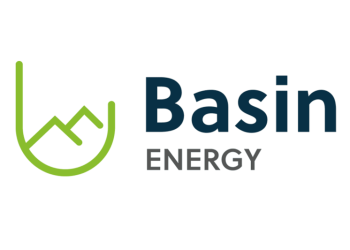Gütersloh, 01.10.2024 – The goal of achieving climate neutrality by the middle of the century is at risk due to the sluggish progress made in the energy transition. A recent study by the Research Institute for Sustainability – Helmholtz Centre Potsdam (RIFS) and the Bertelsmann Stiftung has compared the progress of four European countries in transitioning to renewable energy sources and highlighted the challenges that still need to be addressed.
The study, which focused on the electricity, road transport, and heating sectors, emphasized the importance of clear targets and policies in achieving climate neutrality. Christof Schiller, governance expert at the Bertelsmann Stiftung and head of the Sustainable Governance Indicators (SGI), stated that “beyond emissions data, we need early warning indicators to track infrastructure development and ensure political measures supporting acceleration.”
Denmark and Norway were found to be leading the way in transitioning to renewable heating and electricity, with Norway also making significant progress in the road transport sector. On the other hand, the UK and Germany faced several challenges in achieving their green energy goals.
To accelerate the renewable electricity transition in Germany, the study recommends clear targets for expanding grids, boosting storage, and better aligning transmission goals. The UK requires similar targets, along with a plan to phase out gas production. Denmark, with its clear targets, could achieve 100% renewable electricity by 2029, while Norway has already decarbonized its electricity supply.
The study also highlighted the slow progress in e-mobility in Germany due to high costs and a lack of charging stations. While Denmark and the UK also face challenges in this sector, Norway is set to reach 100% electric vehicle sales next year, thanks to early financial incentives. Thorsten Hellmann, an economics expert at the Bertelsmann Stiftung, emphasized that “Norway’s progress in e-mobility is based on the early actions taken to provide financial incentives for emission-free vehicles.”
In the heating sector, Germany must double its heat pump installations to meet its 2030 goals, while the UK lags further behind. On the other hand, Denmark has excelled in emission-free heating by banning oil and gas boilers in 2013, and Norway is on track to achieve full heat pump coverage by 2030.
The study concludes that achieving climate neutrality by the middle of the century is achievable, but it requires better alignment of policy targets, regulations, and infrastructure. Dr. Christof Schiller and Thorsten Hellmann, both experts at the Bertelsmann Stiftung, are available for further comments and can be reached at their respective contact details.
About the Bertelsmann Stiftung: Inspiring people. Shaping the future.
The Bertelsmann Stiftung is committed to ensuring that everyone in society can participate in political, economic, and cultural life. The foundation focuses on various programs, including education and next generation, democracy and social cohesion, digitalization and the common good, Europe’s future, health, and sustainable social market economies. Established in 1977 by Reinhard Mohn, the Bertelsmann Stiftung is a nonprofit organization. This news story is distributed by Pressat on behalf ofBertelsmann Stiftung, and wasnot created or distributed by Pressat. For more information about Bertelsmann Stiftung, please visit www.bertelsmann-stiftung.de. Pressat reserves the right to distribute this article to the media.



















